Environmental Creed for Mother Earth

Several years ago I gave a talk on Spirituality and Sustainability at a United Nations NGO conference in New York. I realized that what humanity needs now is a set ... more
We live in a difficult time, when the earth is greatly affected by the damage humans have created. Unfortunately, what we do to the earth, we do to ourselves. There are many environmental causes of breast cancer.
The primary environmental links to breast cancer are radiation, x-rays, electromagnetic fields, plastics, pesticides, toxic metals and industrial chemicals.
Industrial chemicals that mimic the hormone estrogen include petrochemicals, plastics, parabens, pesticides, brominated fire retardants, chlorinated solvents, drinking water disinfectants, pharmaceuticals, dyes, hormones and toxic metals (mercury, cadmium, lead, arsenic, aluminum). A brief overview of these environmental links is provided below.
Let’s eagerly focus on Green Living to decrease our personal and collective contributions to the breast cancer epidemic. You’ll find many solutions below.

Several years ago I gave a talk on Spirituality and Sustainability at a United Nations NGO conference in New York. I realized that what humanity needs now is a set ... more

Are your dust bunnies toxic? The answer is most likely “yes”, unless you have carefully sought out and purchased chemical-free furniture, clothing, curtains and appliances. This story begins in the 1970’s when ... more
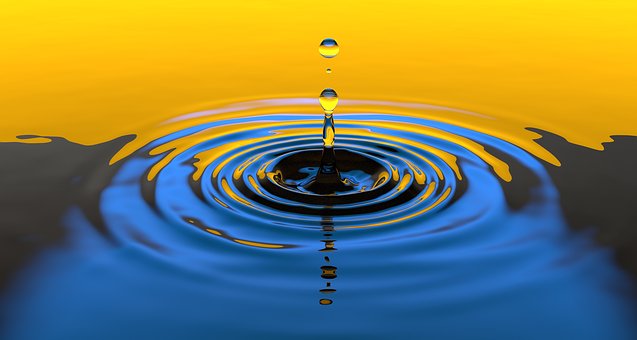
As winter finally comes to an end, those of us who live in northern climates, especially near bodies of water, look forward to the sight of ice shifting and the ... more

Are you aware of what’s lurking in your lipstick and other cosmetics? Sunscreens, perfumes, lotions, shampoos, conditioners, toothpaste, nail polish, hair spray, hair dyes, styling gels, and other cosmetics may ... more

What are they? Parabens are a family of related chemicals that act as preservatives, i.e. they prevent the growth of bacteria and mold. Parabens are esters of para-hydroxybenzoic acid, from which ... more
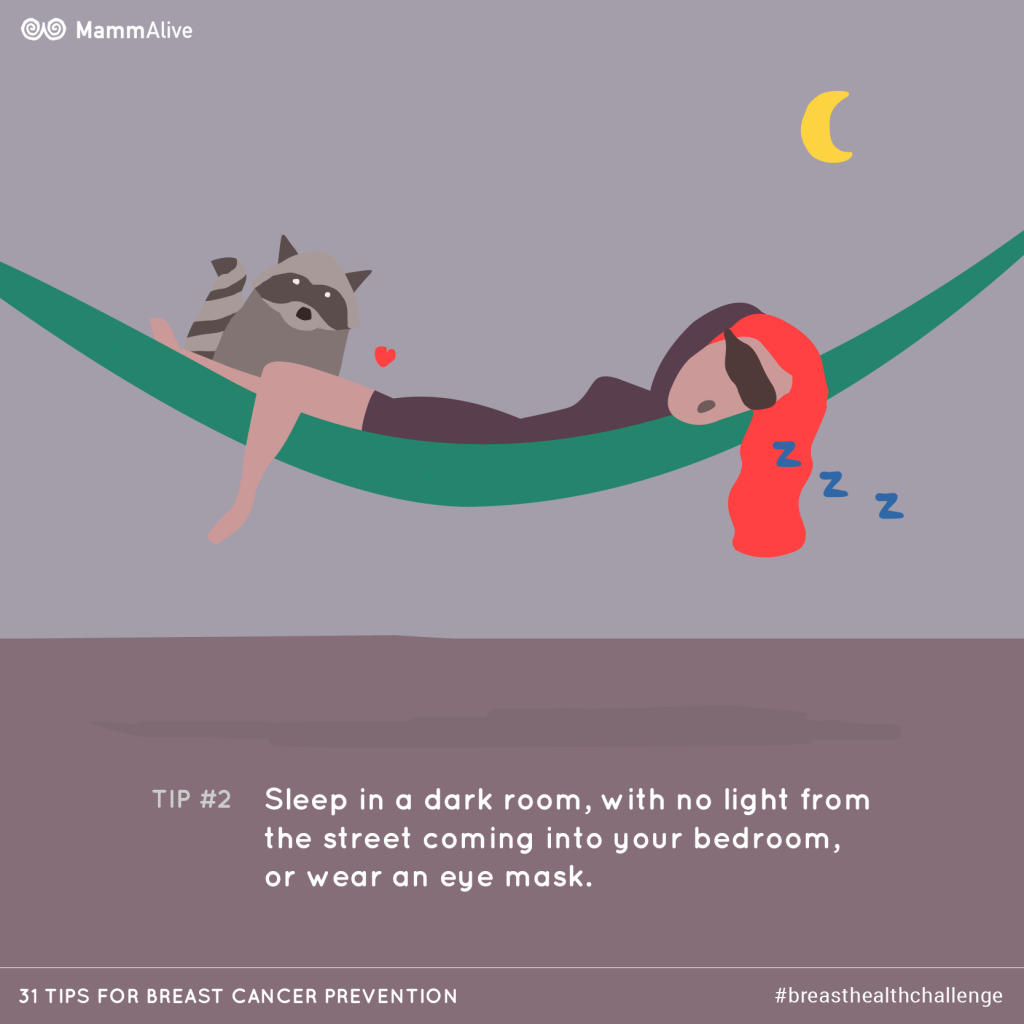
What is Melatonin? Melatonin is a hormone produced by your pineal gland, which is located in the centre of your brain. Most melatonin production occurs at night, between 1:00 - 3:00 ... more
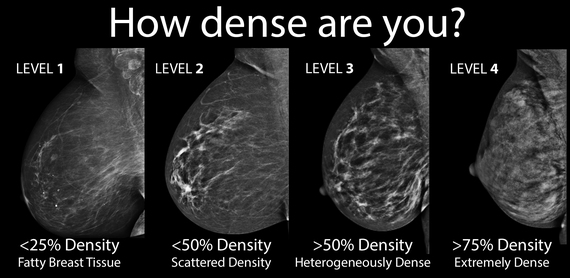
If you have been told after a mammogram, ultrasound or MRI that you have "increased breast density", listen up. Increased breast density, as detected through these screening techniques, is a ... more

In this short segment, Naturopathic Doctor Sat Dharam Kaur briefly discusses the environmental links to breast cancer (radiation, toxic metals, environmental chemicals including pesticides, PCBs, solvents, organochlorines, phthalites, plastics and ... more

I must admit, getting rid of plastic in my home hasn’t been easy, but it’s something my housemates and I are diligent about each month. Plastic purging is a tradition ... more

The following practices can improve your lymphatic circulation, whether you have lymphedema or not. They will also help to prevent it. Think about how you can incorporate these into your ... more

When talking about food - there is food and then there are pesticide-laden foods. Pesticides are hormone disruptors that can cause breast cancer. Many pesticides contain organochlorines - combinations of ... more
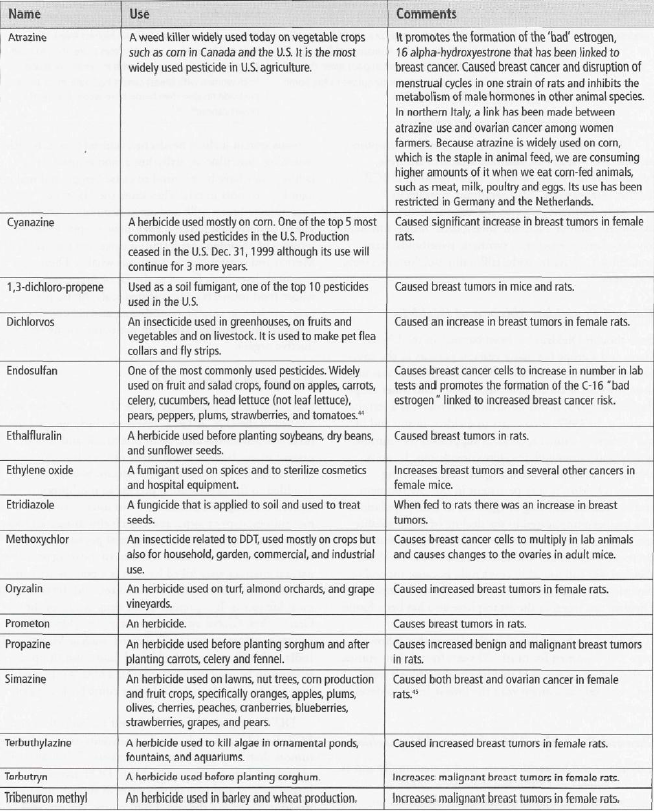
Here is a list of some of pesticides related to breast cancer - best to eat organically grown food to avoid them. Atrazine has since been banned from use in ... more
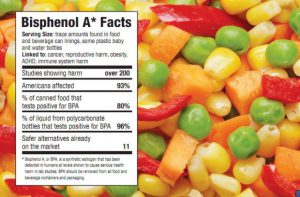
1. What is the name of the chemical added to plastics to make them soft and flexible, but that also mimics the hormone estrogen? ANSWER: PHTHALATES 2. What is the estrogenic ... more

The picture above is part of a mural entitled, Who Holds the Mirror? Breast Cancer, Women's Lives and the Environment, conceived by U.S. activist educator Beth Sauerhaft. The 10-by-12 foot painting ... more

by Kathrin Brunner The world of sunscreen is a confusing one. With research indicating sunscreens may be causing more cancer than preventing, along with leading to skin allergies and hormone disruption, ... more
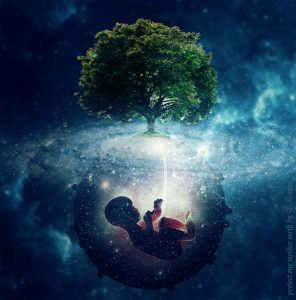
Our 4.6 billion year old earth is a closed, living system, not unlike a cell or an organism, just on a larger and much older scale. Life began around 3.75 ... more

Estrogen dominance (too much estrogen relative to progesterone) is a global problem contributing to the breast cancer epidemic. Estrogen causes breast cells to divide faster, resulting in the growth of ... more
The chart below summarizes some of the common environmental contaminants linked with breast cancer, their action, where they are found, and healthier alternatives. PCBs (Polychlorinated Biphenyls) Action: lowers immunity; disrupts thyroid and ovarian ... more
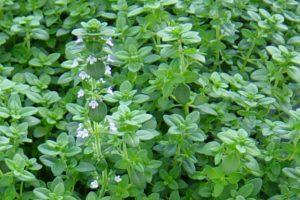
Aromatherapy is a unique and powerful branch of herbal medicine that employs the medicinal properties found in the essential oils of various plants. It is not just the aroma that provides the healing ... more
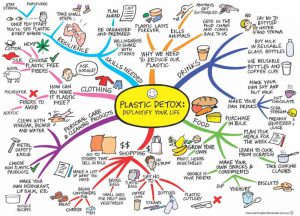
Be An Anti-Plastic Activist - Lead Your Community in Becoming Plastic-Free Plastic Pollution Coalition is a global alliance of individuals, organizations, businesses and policymakers working toward a world free of plastic pollution ... more

Here's why it's worth the effort. To Care for the earth. Bottled water contributes not only to unmindful consumption that depletes our natural resources, but often is flown from exotic locations and ... more